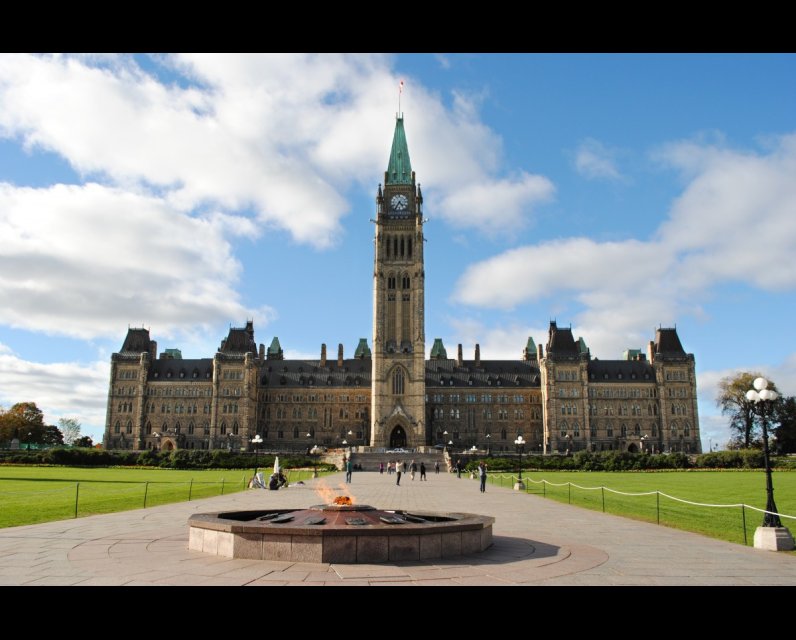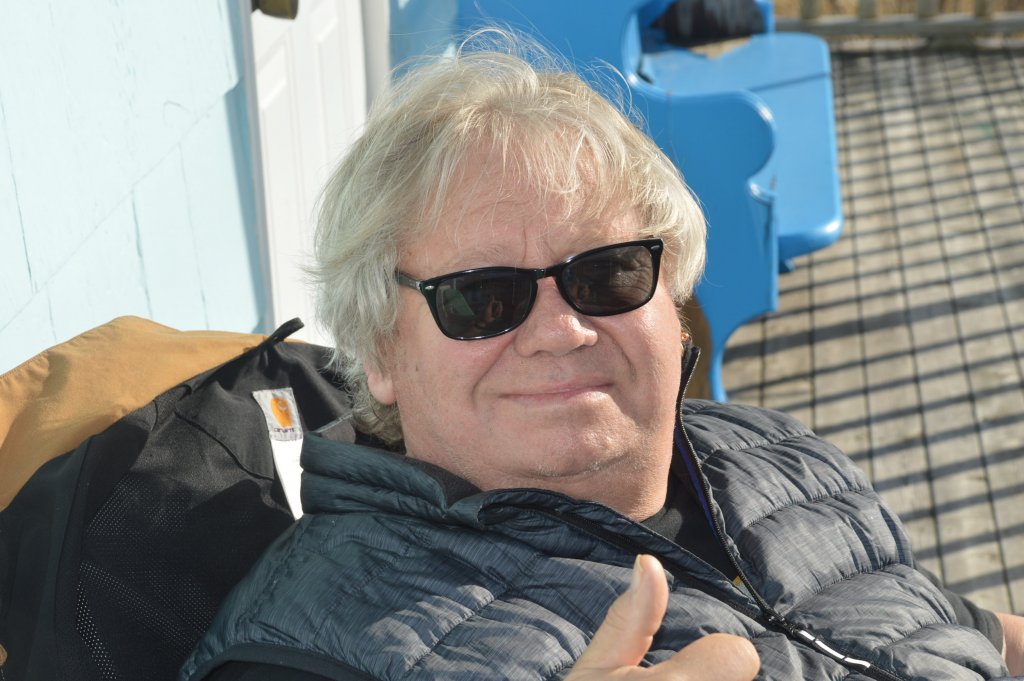Warning message
- Last import of users from Drupal Production environment ran more than 7 days ago. Import users by accessing /admin/config/live-importer/drupal-run
- Last import of nodes from Drupal Production environment ran more than 7 days ago. Import nodes by accessing /admin/config/live-importer/drupal-run
Unpublished Opinions
Paul Strome’s Bio
Paul has two adult daughters and he has lived with First Nations, Inuit and Metis for a significant part of his life. After graduation from the University of Waterloo in Anthropology, he worked in the Northwest Territories/Nunavut as an educator, so he experienced the culture, language, and geographic parameters with indigenous people for 12 years. He has seen first hand how indigenous people of Canada are treated. This impassioned him to petition the government at every opportunity to bring about the United Nations Declaration of the Rights of Indigenous People.
After he moved to southern Ontario as an educator, he ran the extra-curricular Outdoor Education Club in addition to his classes, in one of the largest high schools in Canada training and taking students on canoeing, hiking, climbing, snow-shoeing and dog-sledding expeditions. He has canoed/kayaked many of Canada’s Heritage Rivers and has lived in or travelled to every province and territory in Canada which has broadened his concerns about environment and social concerns. These experiences have intensified his deep-seated love and admiration for Canada.
As an elder and David Suzuki Ambassador he has championed the Blue Dot Movement in Unama’ki and in recent years was the Atlantic Regional Representative for the Council of Canadians. He collaborates and networks for the common good with other like-minded organizations. He is well-known as an environmentalist/social activist throughout Unama’ki (Cape Breton Island) and beyond. He has met personally with many municipal, provincial and federal politicians to encourage them to adopt sustainable environmental and social changes to address climate change. He has also done the same at schools, community colleges, libraries, community halls and Cape Breton University.
Paul Strome: Where Are Our Leaders?

A growing school of psychologists believe the trauma of the climate crisis is a key barrier to change. You might think of it as being “like a deer caught in the headlights”. One suggestion to combat climate change trauma is to do something positive for yourself or others that has to do with climate change, like putting pressure on our politicians and corporations.
The “leaders” of our society have some of the most highly educated advisors in their fields of expertise. They have known about climate change for decades and they know the causes. As “leaders” they have collectively not done their due diligence and the public should hold them accountable.
From a fairly young age, our children are taught about climate and the various aspects of climate such as tipping points. In climate science, a tipping point is a critical threshold that, when crossed, leads to large, accelerating and often irreversible changes in the climate systems. If tipping points are crossed, they will have severe impacts on human society and will accelerate global warming.
Scientists and Indigenous people from many disciplines have documented the facts about how the climate crisis is affecting every aspect of our environment. More and more people realize that everything in our environment is related one way or another with everything else and that when mankind tampers with Mother Nature there are consequences. The “web of life” is an ecosystem and it is made up of all the living animals and plants and the non-living matter in a particular place, like a forest or lake. All the living things in an ecosystem depend on all the other things - living and non-living for continued survival - for food or shelter or other needs. Humans are responsible for throwing the ecosystem out of balance. We need to recognize that and take ownership of that fact. Once we do that we need to dedicate ourselves to correcting what we have done if we want to have any kind of descent life in the future.
We do not need cultures that favour exploitation, resistance, rivalries or rigidity. Society needs collaboration, stewardship, integration and the application of “Two-eyed Seeing” because leadership and positive relationships are key factors in achieving the outcomes we so desperately need. All of humanity needs to support proven, well-researched, economically viable approaches and solutions and we need the public to get behind every single one of them.



Comments
Economics 101 at McMaster University was an eye opener. When challenged, the professor admitted that economics gives zero value to clean water, clean air and clean environment.
Stemming from that are all the myriad decisions that green light projects that adversely affect our world.
Myself, I tried to value whitewater rivers based on the cost to recreate them in manmade whitewater parks.
These things have value, fresh air, fresh water, clesn environment...you cannot eat money!